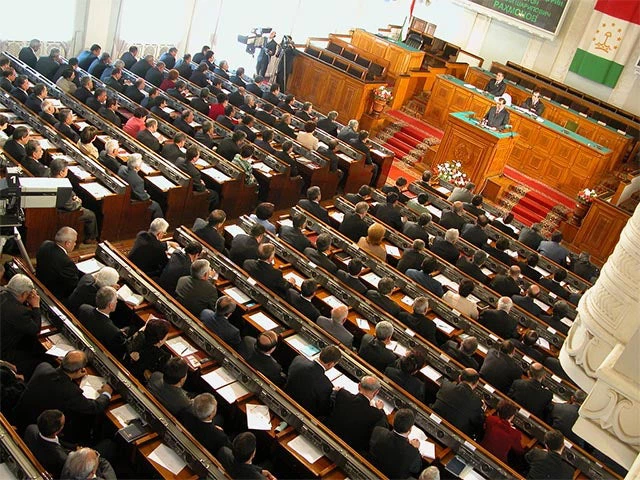Editor's note: This blog post is part of a series for the 'Bureaucracy Lab', a World Bank initiative to better understand the world's public officials.

State capacity is clearly fundamental to development, and the motivation and productivity of the personnel working in the state is clearly fundamental to state capacity.
Government bureaucracies typically employ 15 to 30 percent of all workers , and 50 to 60 percent of formal sector or salaried workers in developing countries. This fact alone warrants a detailed understanding of the functioning of public sector labor markets and their influence on the broader labor market, particularly as the characteristics of public sector workers—their gender, age, and skills profiles, for instance—can be quite different from their private sector counterparts.
But more importantly, the motivation of government workers and thereby the productivity of government bureaucracies impacts almost everything else in an economy, from business regulations, to infrastructure provision, to the delivery of services.
Our understanding of the personnel dimension of government bureaucracies is patchy at best, despite bureaucracy being a rich field of academic and policy research. Until recently though, this was a largely qualitative pursuit, focusing more on de jure analysis of civil service laws and regulations, and case studies, and laced with a strong normative tone of how bureaucracies should look (i.e. “like Denmark”) and emphasizing “form” over “function”.
Empirical studies such as Rauch and Evans (2000), which used surveys to measure aspects of government bureaucracies, and found a cross-national association between the core characteristics of “Weberian bureaucracies”—meritocratic recruitment and insulation from political interference—and good governance were an exception. But the field is evolving rapidly, with an array of recent rigorous observational and experimental studies on public service motivation, recruitment, monitoring, performance incentives, and management.
Here’s what we know so far about the internal workings of government:
- Public sectors tend to attract individuals that have higher levels of social or service motivation
- Higher wages can improve the quality of the applicant pool, but this may come at the expense of attracting less socially motivated individuals
- Digitally-enabled monitoring, combined with rewards and sanctions, reduces service provider absenteeism (references)
- Digital registration and payment systems reduce pilferage of funds for welfare beneficiaries
- Performance bonuses can be a powerful incentive for improving worker effort and outcomes in jobs where measuring effort and outcomes is relatively easier, such as revenue collection and teaching
- Better managed schools and hospitals—those that systematically set targets and monitor progress against those targets, and which reward high performing staff—have higher student learning outcomes and lower in-hospital mortality rates
- There is considerable heterogeneity in the quality of management across ministries and localities within government, pointing to the potential of targeted reform initiatives even in weak governance settings
- Politicians often frequently transfer senior bureaucrats -- in India there is a 53 percent probability that a senior official will be transferred in a given year, which increases by another 10 percentage points when there is change in administration -- and as a result junior-level bureaucrats under-invest in the acquisition of skills
Nonetheless, there are some significant hurdles that need to be overcome if this is to happen. One is the lack of data. Many governments do not collect good information on the personnel they employ and if they do they are averse to sharing it with the public despite the fact that public tax pesos pay for these employees. Another is that it is hard to do experiments for most core government functions unless there is a phased roll-out of a particular initiative that enables randomization, which is rare.
Getting this data systematically across a range of countries will require partnerships with governments for which the World Bank is uniquely positioned.
We—the Governance Global Practice and Development Economics Research Group — recently began an initiative called the Bureaucracy Lab which will gather administrative data, conduct surveys of government bureaucrats, and conduct field experiments of various public sector reform initiatives. A better understanding of the personnel employed in government—their numbers, gender, age, academic qualifications, earnings, and the occupations—is the bare minimum for analyzing state capacity and its impact on a variety of development outcomes.
Surveys of government workers can complement these descriptive statistics by offering insights on a variety of human resource and management practices; for example, a recent survey in the Philippines found that teachers were largely motivated by mission while administrative workers were largely motivated by job security.
Opening up the “black box” of the internal workings of the government bureaucracy is critical for understanding the determinants of state capacity. Our work is just beginning and it promises to be a challenging and exciting journey!
Tweet these:


Join the Conversation